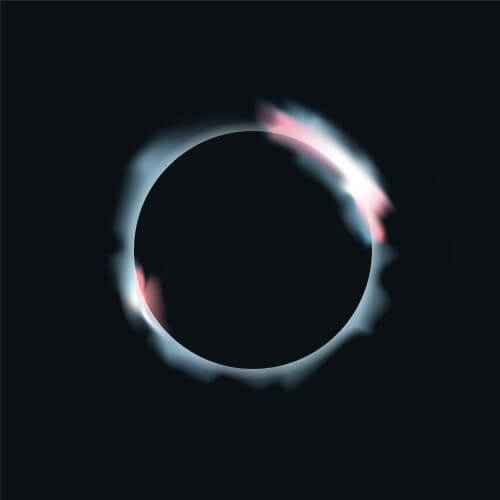The assumption today is that Thales did not know the saros cycle (the computer cycle of eclipses according to the moon's orbits around the earth and both around the sun), and that it was a successful guess. All the happenings were later reported by the historian Herodotus, but he did not detail how Thales arrived at the prediction

Yesterday, 28/5, the world of astronomy marked the 2,600th anniversary of the first scientific prediction recorded in the scriptures: a solar eclipse in Asia Minor predicted by the one who is defined as the first Greek philosopher, Thales. Some even call it the birthday of science.
The solar eclipse, Thales's prediction of it, and the historical circumstances to which the eclipse was relevant are all familiar to us from Herodotus' accounts. (1.74): "After this, Alyates refusing to submit to the Scythians despite the requests of Caixares, a battle was fought between the Lydians and the Medes for five years. During this period, on several occasions, the Medes defeated the Lydians in battle, while in other battles the Lydians had the upper hand. They were even involved in a night battle. As they struggle to be at war with the upper hand. According to Thales' speech to the Greeks a few months earlier, day was for night.
The eclipse captured the armies of Media and two Greek kingdoms (which a few decades later would be conquered by Persia), during one of the battles in the framework of a border conflict between them that has lasted for 15 years. When the heavenly change took place, both sides realized that the gods demanded an end to the battle, and they determined the Halis River (now the Kizilirmak River in present-day Turkey) as their border and signed a peace treaty.
Herodotus did not explain how Thales predicted the solar eclipse, but the explanation was that he used the Saros cycle, which was calculated in ancient times by Babylonian astronomers. According to Astropedia it is a cycle called the Great Dragon Year or Saros. This cycle is due to the fact that 223 synodic months (the time that passes from one moon birth to another) is approximately equal to 242 dragon months (the moon's orbit around the earth in relation to the line of connections - the cutting line between the planes of the moon's orbit and the earth's orbit around the sun) and 239 months Anomalists (from one phrygia to another - phrygia is the closest point in the orbit of the moon to the earth). This cycle is called Saros, as mentioned, its length is 6585.321 days or 18 years, 11 days and eight hours.
Two eclipses (lunar eclipse or solar eclipse) that occur with a Saros cycle difference from each other will have similar geometry (in terms of position in the orbit and the distance between the Earth and the Moon). Since the saros cycle is not exactly divided into a day, but has eight "excess" hours, then successive eclipses in the saros cycle occur in different geographical locations on Earth (120 degrees west in each cycle), but after three saros cycles (54 years and 34 days) The defect repeats itself (approximately) also in the same geographical area on Earth. The Saros cycle is still used today to predict defects even thousands of years in advance.
However, today it is estimated that the Saros cycle was not discovered until the fifth or fourth century BC, and thus Thales who lived in the sixth century BC could not have known.
Apparently this is a good guess. Thales was also subsequently crowned sage by the Oracle of Delphi in 582 BC, three years after the event. He may have been smart but apparently did not understand the scientific basis of the phenomenon. By the way, in the same year, the 49th Olympiad of ancient times took place.
Decades later, in the year in which the 91st Olympiad of ancient times was held, another eclipse occurred which also affected Greek military history. On August 14 of that year a lunar eclipse occurred and it also affected a battle in the Peloponnesian War. The Athenians were preparing to move their forces from Syracuse when the moon waned. This caused confusion among the Athenian soldiers mainly due to the lack of leadership of Nicias, their commander. The Athenian army was attacked in Sicily by the Syracusan army and the Greek soldiers had to flee the island.
Sources

3 תגובות
Are you normal?
"Be smart" - "Good guess"
What nonsense?